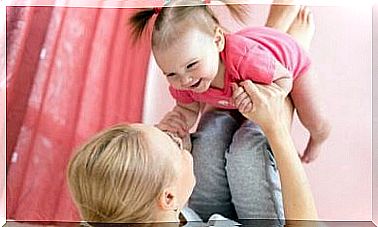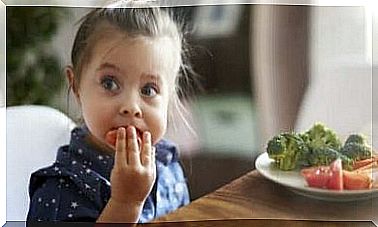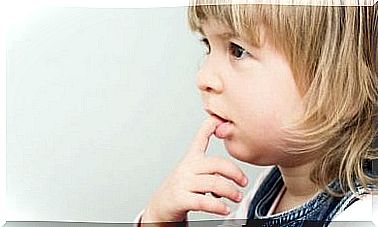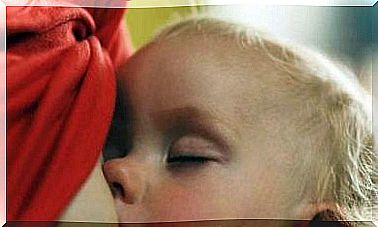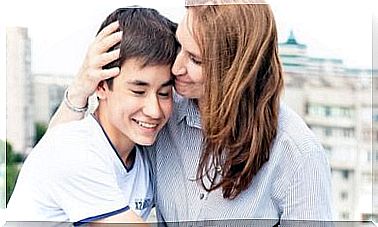Six Mind Games For A Child
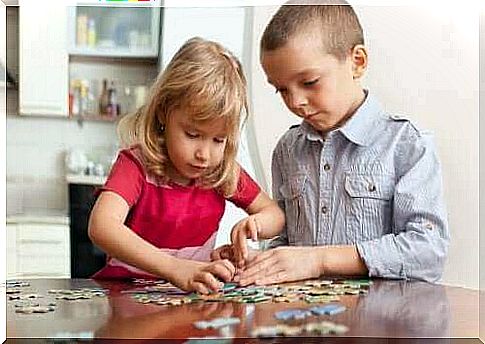
Today we present six exercise games for a child to do at home. All you need to do the exercises is notebooks, crayons and a lot of imagination.
It would be a good idea for parents to establish a way for the child to learn to play under the guise of play, for example while on holiday from school. Of course, the child must also be allowed to rest on holiday, as he or she has just completed the school year. However, it is important to keep the child’s mind active during the holidays as well.
By this we do not mean that the child should sit at school books solving monotonous math tasks or grammar exercises, but we encourage parents and children to learn through play.
Six mind games for the child
1. Memory game
One of the most classic and simplest hits among children is the memory game. The dynamism of the game alone entertains the child. Memory games can be made even more attractive and educational by involving your child in making a memory game.
To make your own memory game, you need the following accessories:
- Pictures your child likes
- Cardboard or cardboard
- Glue
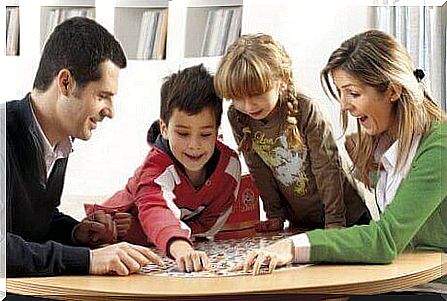
Ask the child to draw or cut out the pictures he or she wants to use in the memory game. Two pieces are needed for each image. Glue the pictures to the cardboard squares. Make sure all the squares are the same size and color.
The rules of the memory game are certainly already familiar to everyone. The cardboard squares are placed face down on the table, after which each player turns to turn two cards in an attempt to find two identical pictures. You will be surprised at how well your child remembers the locations of the different pictures!
The memory game carries visual accuracy and memory in a great way. The whole family can play a memory game together!
2. Aakkosbingo
We recommend this exercise game for children who have just learned the alphabet. This game is a variation of the usual numbered bingo. Bingo cards can be made with the child. The child folds the alphabet unnoticed while he makes playing cards.
One of the participants draws letters and the other players try to get bingo. When a player hits letters on a card so that the row of letters reaches the edge of the card or from corner to corner, he wins.
3. Puzzle
One way to engage your mind is to take advantage of puzzles. You can use an old booklet or cardboard to make a simple puzzle.
Puzzles are ideal tools for practicing a child’s logical thinking and reasoning ability. In addition, they also develop other skills such as hand-eye coordination and fine motor skills.
One way to vary a traditional puzzle is to create a puzzle from Lego blocks. You need lego blocks, cardboard on which to draw the outline of the lego pieces, and a pen or marker.
Once you have drawn the outline of the Lego blocks on the cardboard and cut them, mix the pieces of cardboard together. The child can then look for pieces of cardboard that fit the lego blocks.
4. Look for differences
Children’s favorite activities are drawing and coloring pictures. Therefore , it is ideal to use black and white Find Differences cards, as the child can color the cards afterwards.
This exercise is good for a child who has difficulty concentrating on doing tasks. In addition, it helps to develop the child’s visual accuracy. You can search for ready-made Find Differences images on the Internet or for your children, and you can make the images yourself.
5. Treasure hunt
This simple game brings joy to an adventurous child who loves mysteries. Treasure hunting helps to develop reasoning skills. The child should follow the tips they receive to find the hidden treasure.
Treasure hunting helps to develop a child’s visual perception, ability to concentrate and attentiveness. Detecting details is an integral part of a treasure hunt.
Treasure hunting can be planned and carried out in many different ways. It can include math calculations, riddles, or any other activities that help the child practice and develop their skills.
6. Riddles
No supplies are needed for this last mind-boggling game – just your imagination. The words you use in the riddles and their rhythm will charm and fascinate the child and motivate him or her to find the answer to the riddle.
With the help of riddles, thought associations and the formation of perceptions develop, as do imagination and thinking.
